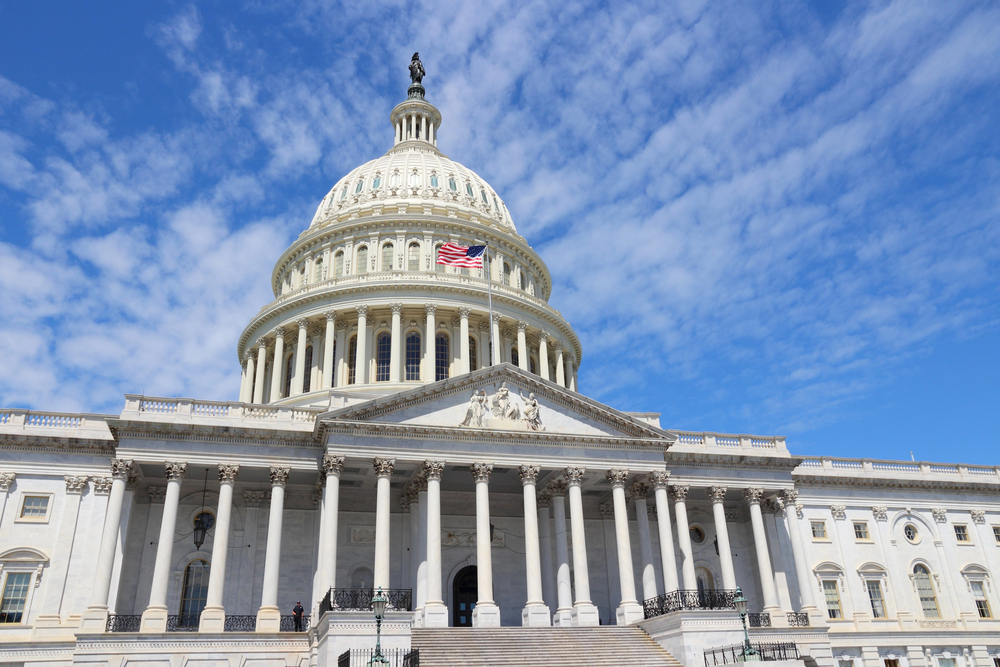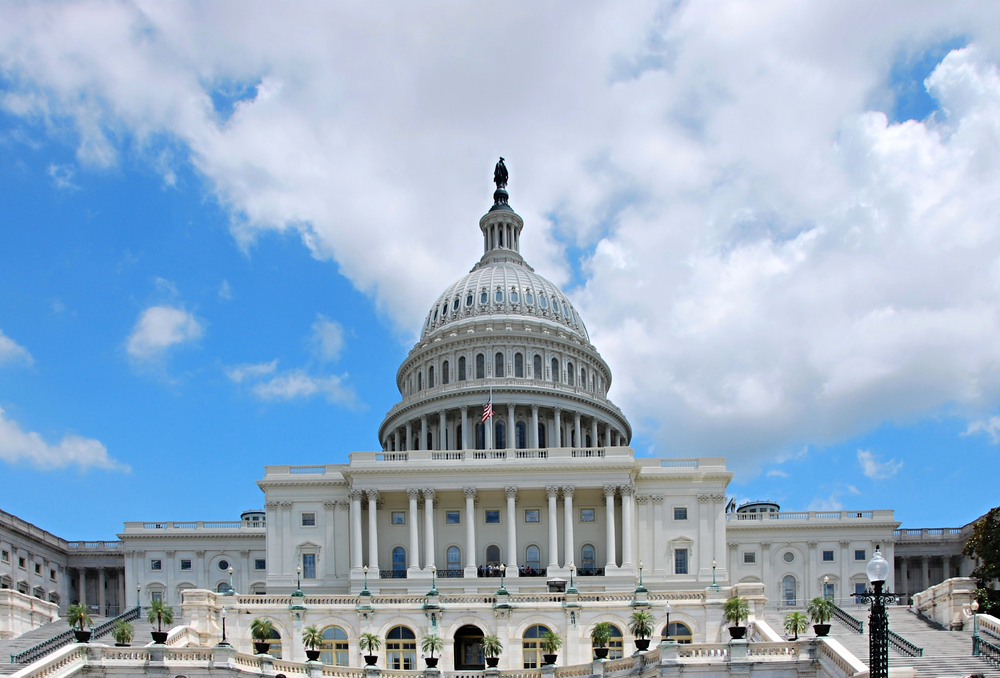Big ‘I’ Objects to Updated HUD Disparate Impact Rule
By: Heather Eilers-Bowser
In August, the U.S. Department of Housing and Urban Development (HUD) issued a new rule amending the agency’s “Implementation of the Fair Housing Act’s Disparate Impact Standard” adopted during the Obama administration in 2013.
The 2013 rule extended disparate impact liability to the sale and servicing of homeowners insurance and put the burden of proof on defendants, including insurers, in assigning liability in private lawsuits and government enforcement actions based on a disparate impact analysis.
HUD’s position has been that disparate impact liability “under the Fair Housing Act may arise from a facially neutral practice that has a discriminatory effect regardless of whether there was an intent to discriminate.”
While the proposed rule would bring the disparate impact rule closer to the Supreme Court’s 2015 ruling in Texas Department of Housing and Community Affairs v. Inclusive Communities Project, Inc., the Big “I” continues to oppose the rule because it fails to provide a safe harbor for insurance.
The new proposed rule would shift the burden of proof back to the plaintiff by establishing a five-step threshold test in which defendants would have the opportunity to rebut the plaintiffs’ allegations. Additionally, the disparate impact would have to be “significant,” and the complaining party’s alleged injury would have to be “directly caused” by the practice in question, among other provisions.
Even though the proposed rule makes improvements to the legal process, it would, unfortunately, leave insurers and insurance agents and brokers with legal exposure that did not exist prior to 2013. The court in Inclusive Communities found the Fair Housing Act’s language should not be construed to force defendants to “resort to the use of racial quotas” or require courts to “second-guess” reasonable choices.
The Big “I” maintains in its comment letter that without a safe harbor, insurers will become targets for disparate impact lawsuits due to otherwise legitimate business practices, such as risk-based pricing and underwriting, which, in turn, will result in conflicting laws and potential changes to the way insurance agents and brokers collect data.
Heather Eilers-Bowser is Big “I” counsel, federal government affairs.










